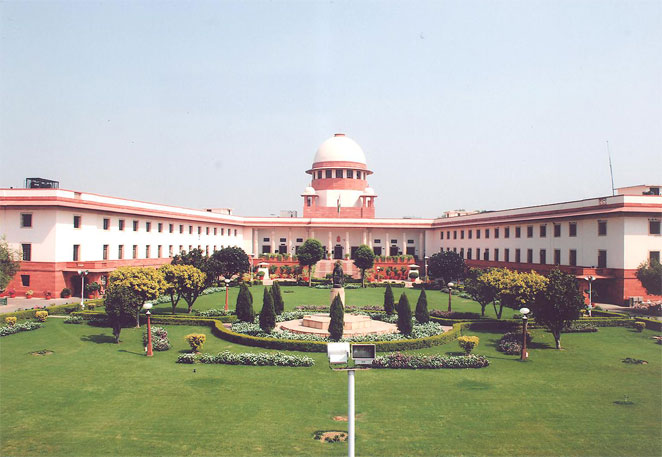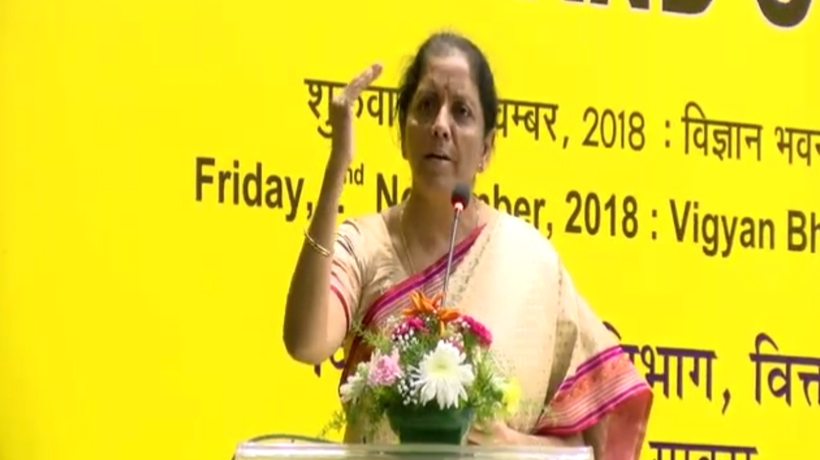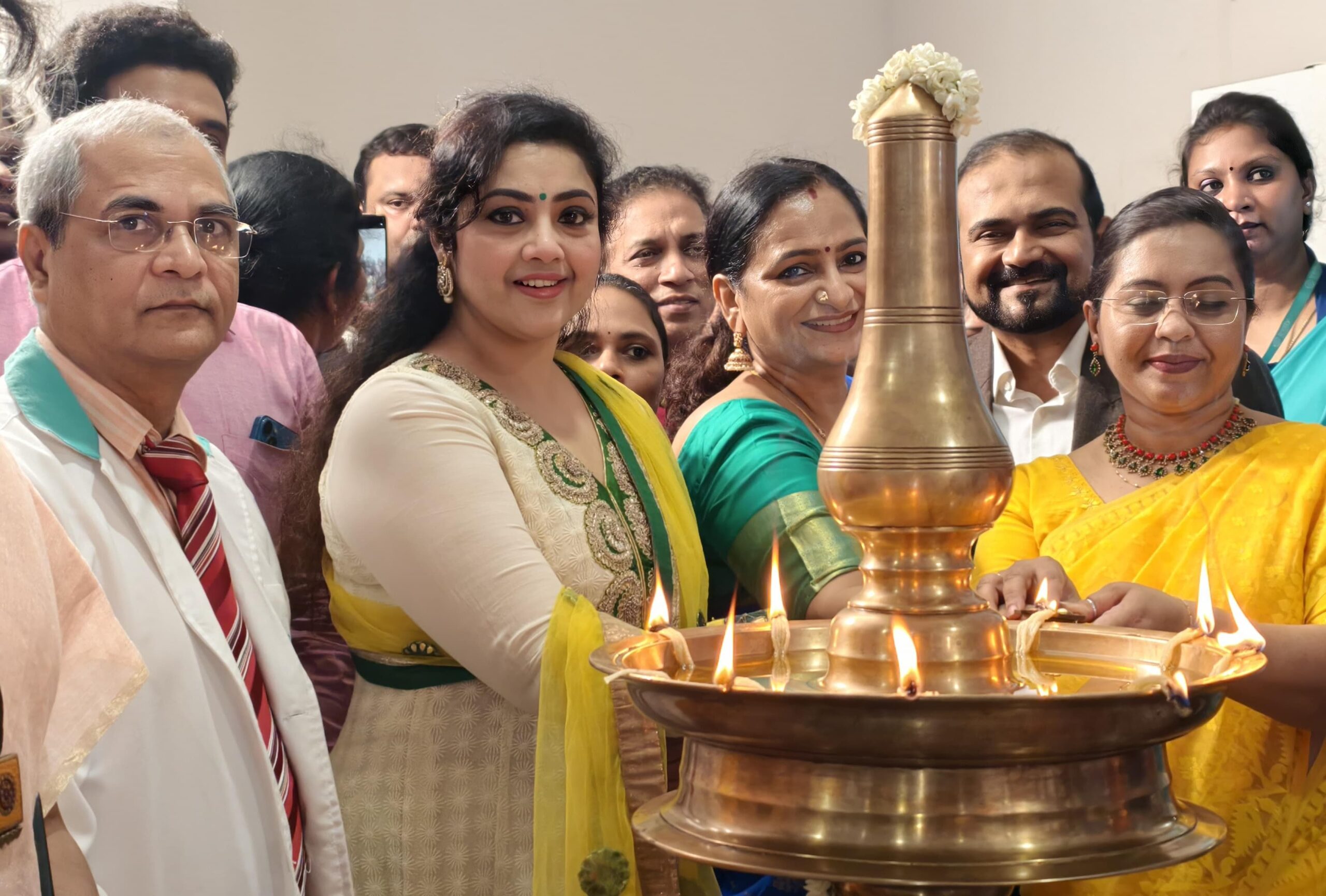Trending Now
- Alliance talks between AIADMK and BJP are ongoing. An announcement will be made at the right time – Union Home Minister Amit Shah.
- Vijay spoke about TVK vs. AIADMK only to motivate party workers – AIADMK General Secretary Edappadi K. Palaniswami.
- South Indian audiences are not interested in Hindi films, which is why they don’t succeed – Salman Khan.
- KL Rahul joins Delhi Capitals; the team will face Hyderabad tomorrow.
Whats Hot
Supreme Court To Decide Date Of Hearing Of Ayodhya Case In January
![]() October 29, 2018
October 29, 2018
The Supreme Court today said it will decide in January the date for the hearing on the Ayodhya land dispute case. It also adjourned till the winter month the hearing on a batch of pleas challenging the Allahabad High Court’s 2010 verdict that divided into three parts the disputed land on the Ram Janmabhoomi-Babri Masjid area in Uttar Pradesh’s Ayodhya. Chief Justice of India Ranjan Gogoi, in today’s hearing that ended in four minutes, said an appropriate bench will fix a date for the hearing, meaning the court may not necessarily hear the pleas in January itself, barely months away from the general elections.
“We will fix the date of hearing of Ayodhya dispute case before the appropriate bench in January,” a top court bench also including Justices SK Kaul and KM Joseph said today.
An early hearing was likely to benefit the ruling BJP which has promised its supporters that a temple in Ayodhya will be built, though in keeping with the law; the party will hope for a favourable verdict from the Supreme Court before the general election next year.
The adjournment is likely to test the patience of those in the BJP and its ideological mentor RSS who have been looking for an ordinance to build the temple in a year packed with state and the general elections.
“I don’t want to comment since it’s the decision of Supreme Court. However, the adjournment of hearing doesn’t send a good message,” UP deputy chief minister Keshav Prasad Maurya told news agency ANI.
On September 27, the top court declined to refer to a five-judge Constitution bench whether observations made by the Supreme Court in 1994 that a mosque was not integral to Islam, which had arisen during the hearing of the Ayodhya land dispute, could be reconsidered.
Muslim petitioners had said that the 1994 verdict which said that namaz can be offered anywhere and not just at a mosque would unfairly influence the matter of who the disputed site in Ayodhya belongs to and weaken their claim. They said the decades-old verdict must be reviewed before the title suit is decided. Hindu petitioners said this was an attempt to delay the hearings in the main case because Muslim petitioners worry that the top court will rule against them.
In 1992, the 16th-century Babri Masjid was destroyed by lakhs of right-wing volunteers or karsewaks who say a temple must be built for Lord Ram who was born on the spot where the mosque was constructed.























